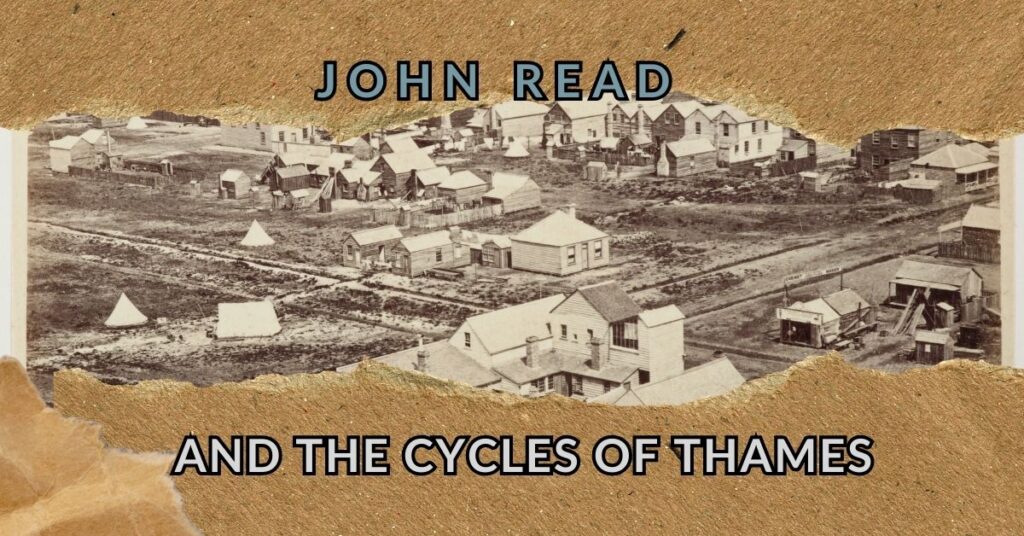
Gold Rush Economies and the Craft of Historical Writing
The process of researching a topic, and then turning the research findings into a narrative, is not a task to be undertaken lightly, if for no other reason than the writer’s exposure to rabbit holes into which they might fall.
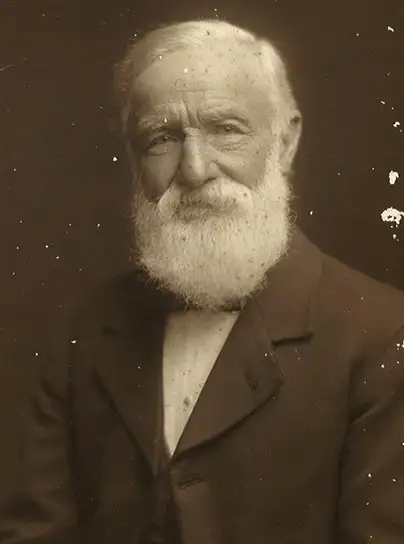
Some years ago, not long after I commenced to work for Read Bros Hardware, I felt compelled to research the history of the venerable old family-owned hardware business, thinking that I might author a brief history of the firm, perhaps in time for the 150th anniversary of the discovery of gold and founding of the Read Bros business.
The task appeared straight-forward enough. It turns out that this was not the case. John Read (1838 – 1922), the founder, was a product of the times in which he lived, the Victorian era; his business and personal life manifest a humanitarian ethos through, amongst other traits, a desire to improve the well-being of citizens.
This made him an engaging and interesting character worthy of some deeper research – so the scope of the narrative was reduced and simplified but deepened.
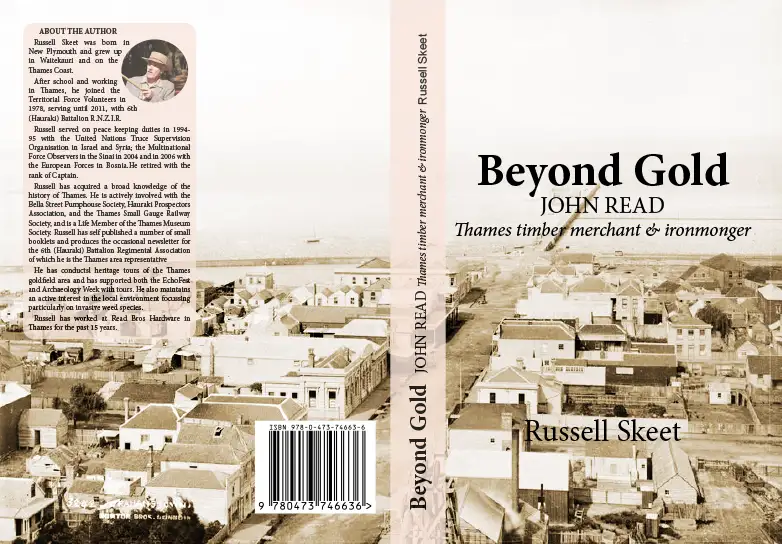
However, to make sense of his business and personal activity he had to be situated within the economic activities of the town and its environs. This led to a more expansive research programme, more rabbit holes, and some conundrums. The deep-dive research, while revealing and amplifying components of the Read story, also revealed some research threads that made ordinarily tedious research less so; it became more exciting, and quite captivating – for me at least.
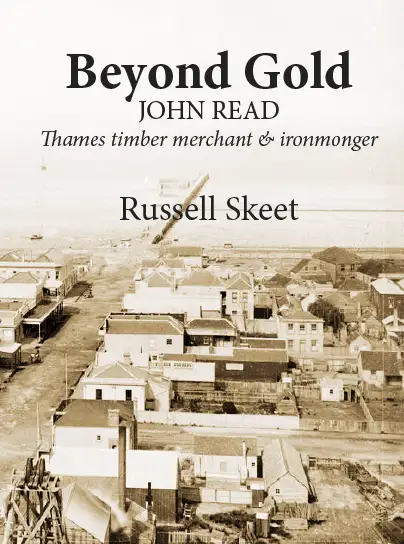
Read was, as we all are, a participant in the cycles of life, economic, domestic and personal.
As the commercial and business activity of the town, and the physical infrastructure of the town itself, was built, grew, was sustained, declined and slowly rose again, so was Read’s business a reflection of this cycle.
Wider reading on economic activity showed the predictability of economies based upon commodity exploitation – gold, timber and other natural resources being such commodities.
But, with this awareness, intruded a reality – an ethnological reality, a reality of peoples – in this case, tangata whenua, tangata Māori.
The economic activity of the Kauaeranga tangata whenua prior to the Thames goldfield being proclaimed was clear enough – it was significant. But, with the establishment of the goldfield and the development of the necessary industrial, commercial, residential and business infrastructure, and its subsequent explosive expansion, what was not clear was the disappearance of a long-standing way of life and the other Māori commodity-based economy.
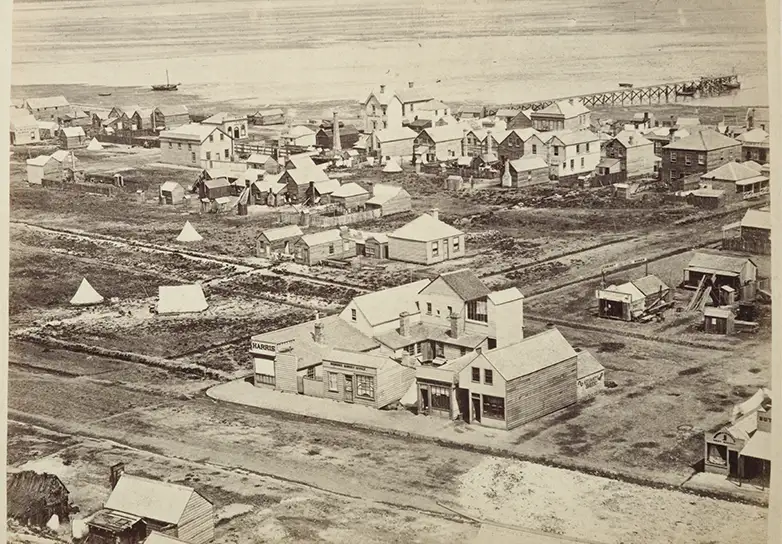
This was indicated by the disappearance, over time, of Māori names from the news, from documents, from discourse. Some of these names would re-emerge later, in the Native Land Court and in the Resident’s Magistrates Courts, or sometimes the Supreme Court, as redress was sought for many, and varied issues.
It is this predictable cycle that research spotlighted, not directly connected to Read, but a symptom of a bigger picture, and that especially resonated as some might see the cycle in evidence in contemporary New Zealand – as it has been since 1840?
Read emerges from the research as a thoroughly typical Victorian businessman, operating, initially, in an opportunity-charged business environment; he was responsive to the prevailing business dynamics, entrepreneurial, very situationally aware, and well-connected. But he was also a modest individual who did not seek the spotlight – he had ordinary expectations for his business, was grounded in a deep faith, and was driven by integrity and honesty with a strong desire to assist others. These things were easily seen in his business and domestic activities. Typically, Victorian.
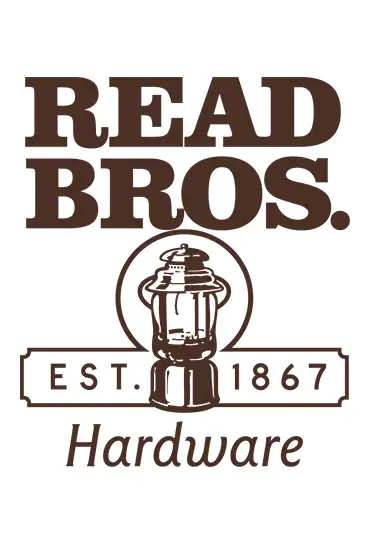
If there is a take-out lesson from Read’s story, it is that the fundamental values that drive successful and enduring business don’t change, perhaps best encapsulated in the notion of ‘service above self’.
Working on this historical text has sharpened my sense of perspective.
Read was a microcosm of the world he inhabited, a reflection of the times and the circumstances in which he found himself.
He exerted limited control and influence over his situation. He worked with what he had and made do, caring for those within his sphere of influence.
This perhaps is the lesson; that while things give the appearance of change, nothing much does. The constant is the values that actuate humankind – both good and bad.
Wisdom dictates that we citizens should recognise that fact and decide and act accordingly.
Thanks John Read, the founder.
Words by Russell Skeet
This book is a must read for anyone interested in the history of Thames.
PRICE: $70.00
Beyond Gold can be purchased from the following outlets: Carsons Bookshop. 600 Pollen Street, Thames 3500. //. Read Bros. Hardware. 308 Pollen Street, Thames 3500.
Purchase online from Craig Bush Digital Media. www.excellentevents.co.nz/store
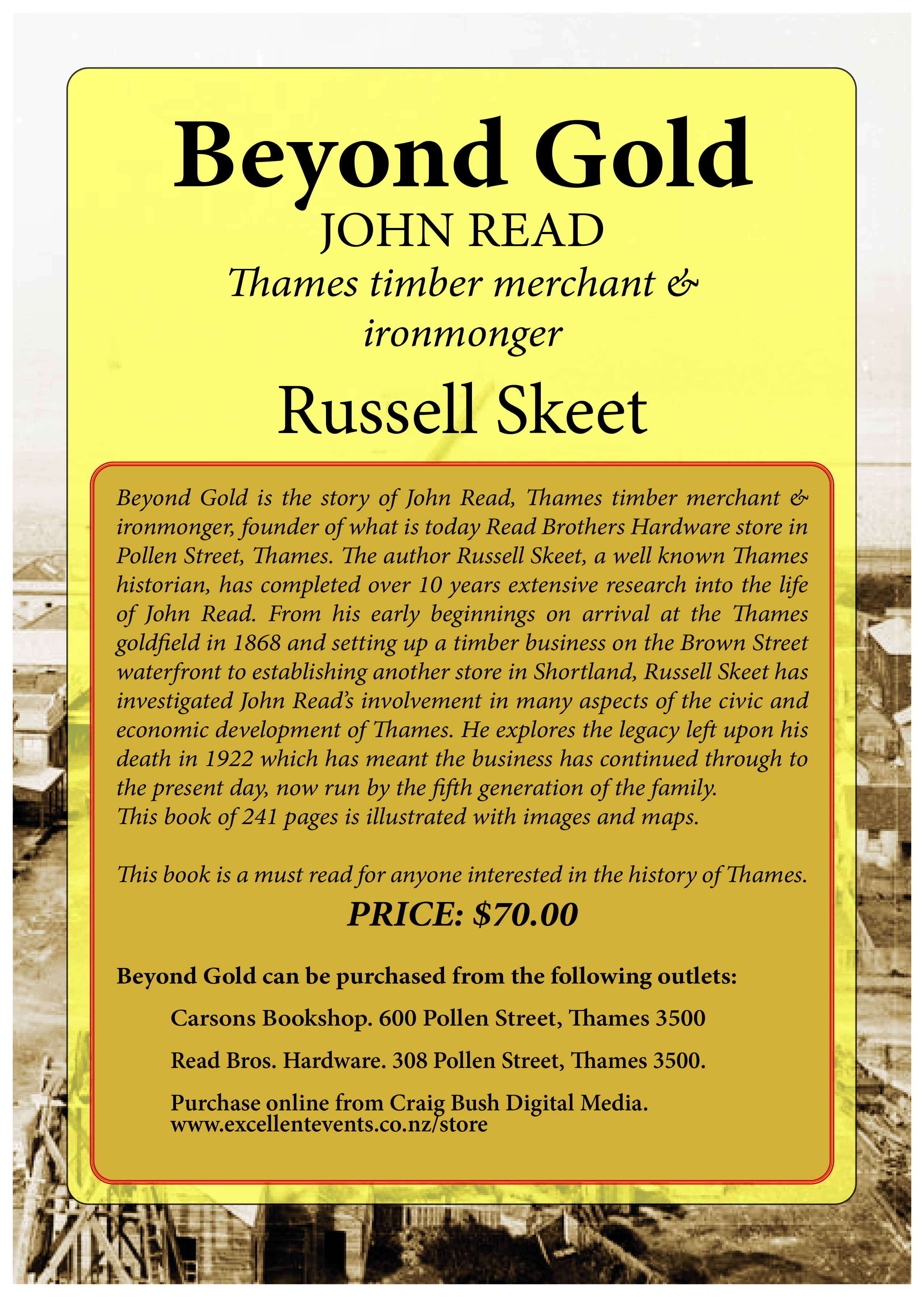
Coromind: Coromandel’s Collaborative Magazine

Help us take Coromind Magazine to new heights by becoming a member. Click here
Change the Weather for Your Business: Advertise with Us.
Advertise your business in the whole Hauraki Coromandel in the coolest Coromandel Art Magazine, from Waihi Beach/Paeroa /Thames up to the Great Barrier Island.
Advertise Smarter, Not Harder: Get in Touch





